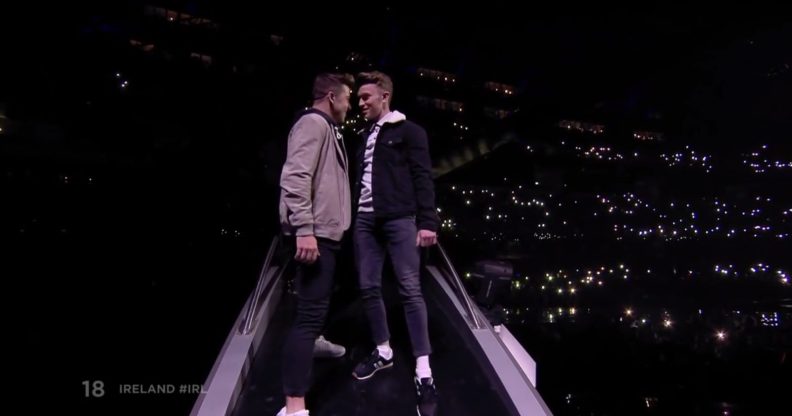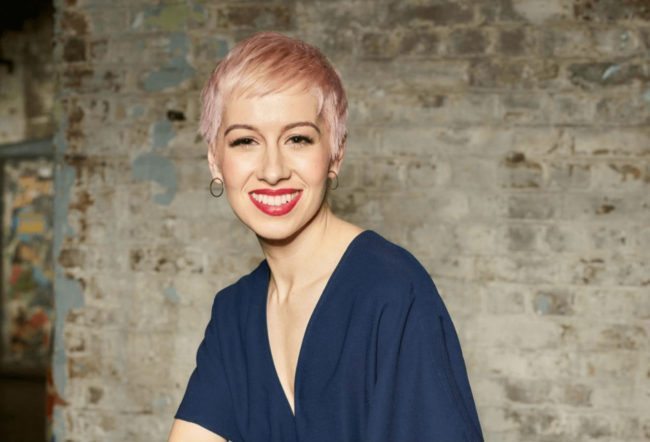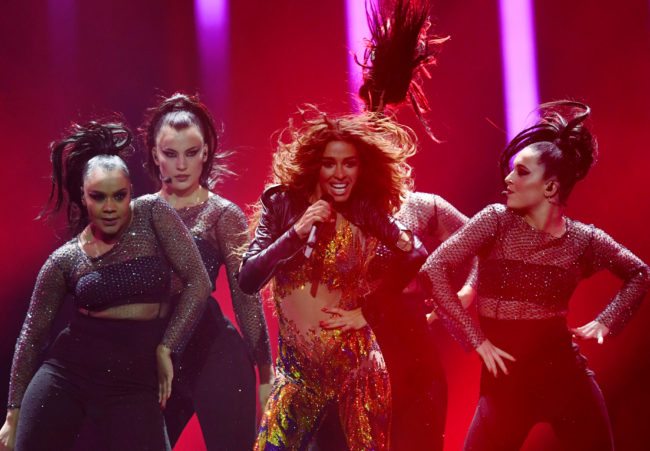Eurovision 2018: How and where to watch this year’s song contest

Ireland’s entry got through to the 2018 Eurovision final (EBU)
Fans of the annual Eurovision Song Contest are eagerly awaiting this year’s competition, which is set to take place on Saturday.
Portugal is hosting the competition in Lisbon this year after the success of Portuguese singer Salvador Sobral in 2017.
Twenty-six countries will participate in the grand final on 12 May, cut down from 43 over two semi-finals.
You will be able to watch the show live on BBC One from 8pm, with Graham Norton providing the commentary.
If you are outside of the UK you can tune in to the live stream on YouTube.
In Australia, you can tune in from 5am on Sunday morning. In the US the stream will start at 3pm East Coast time and and 12pm on the West Coast.
You can also listen to the final on BBC Radio Two with Ken Bruce.
Watch the live stream below:
The second semi-final saw Russia eliminated from the competition, which will make it the first time the country hasn’t qualified since 1998.
The “big five” countries – the UK, Germany, Italy, Spain and France – are automatically entered into the final competition every year.
The 26 countries competing in the 2018 Eurovision final are: Ukraine, Spain, Slovenia, Lithuania, Austria, Estonia, Norway, Portugal, UK, Serbia, Germany, Albania, France, Czech Republic, Denmark, Australia, Finland, Bulgaria, Moldova, Sweden, Hungary, Israel, The Netherlands, Ireland, Cyprus and Italy.
Ireland made it to the final of the contest for the first time in five years, with fans applauding a moving same-sex dance routine performed at the semi-finals.

Singer SuRie will represent the UK at Eurovision 2018
The former Britain’s Got Talent finalist Ryan O’Shaughnessy is set to represent Ireland with his song Together, a ballad about a failed relationship.
The song has already sparked controversy in China, which has now been banned from airing the Eurovision Song Contest this year after it allegedly censored O’Shaughnessy’s performance.
Broadcasting guidance in China bans “abnormal sexual relationships and behaviours, such as incest, same-sex relationships, sexual perversion, sexual assault, sexual abuse, sexual violence, and so on.”
Speaking about his song, O’Shaughnessy said: “My only intention was to help people see that love is just love, and there’s no difference – whether it’s between a man and a woman, a woman and a woman or a man and a man.
“It’s so important, because not everyone is as liberal as the people in this [Eurovision press conference] room are, and the people I’ve gotten to meet over the past week.

Cyprus’ singer Eleni Foureira is expected to do well at the competition (FRANCISCO LEONG/AFP/Getty Images)
“It’s an important thing, and I’m very proud of my country for making that change a few weeks back. I know a lot of Irish people went home to vote for the referendum on same-sex marriage, and we’re bringing a new energy back to that topic.”
Singer SuRie will be representing the UK this year with her song Storm, although it isn’t her first time on the Eurovision stage.
In 2015, she appeared as a backing singer for Belgium’s Loic Nottet during the competition and she was also the musical director for the 2017 Belgian entry Blanche who performed City Lights.
The current favourite to win Eurovision 2018 is Eleni Foureira, who will sing her song Fuego – meaning “fire” – for Cyprus.
Another act tipped to do well is Israel’s Netta Barzilai with her song TOY.
France’s entry Madame Monsieur is also expected to score highly with her song Mercy.

